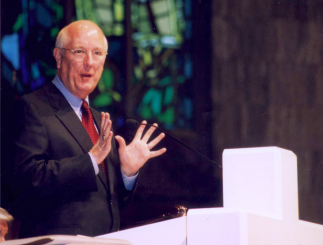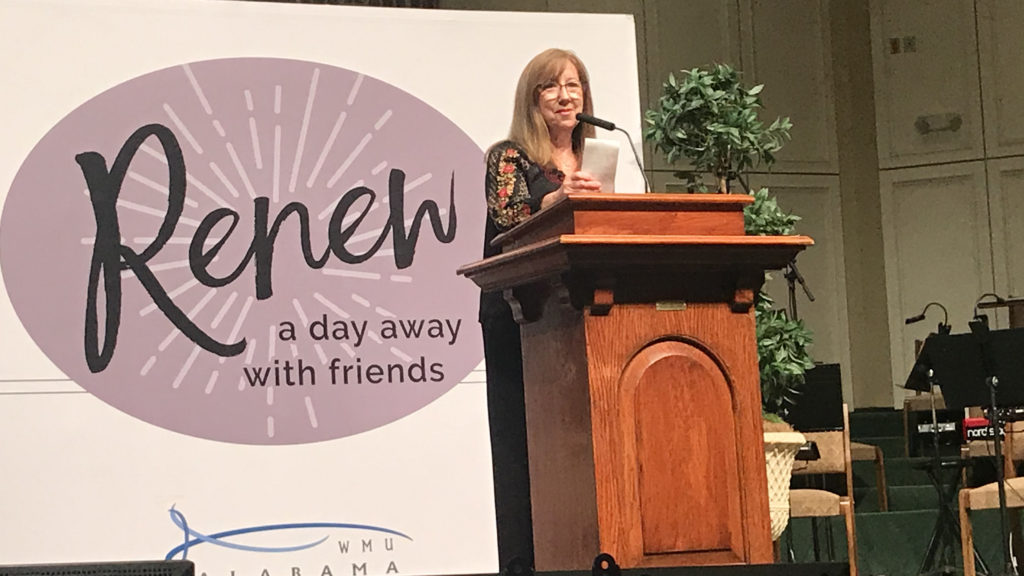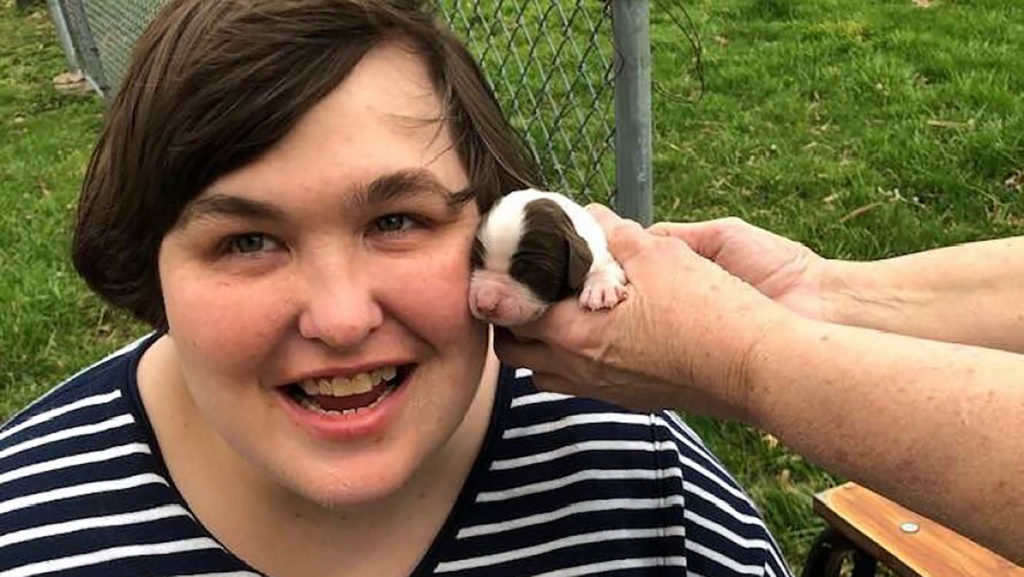It is not a dramatic story unless you lived it. I did and it changed me forever.
It was the summer before my last year of seminary. My wife, Eleanor, and I were expecting our first child. She was five months pregnant and as excited as a human being could be. Because she was tiny, Eleanor was already in maternity clothes.
When she went for her monthly checkup, the doctor said something was wrong. The next day, Eleanor miscarried at almost six months. That was the beginning of a bitter journey. Tears flowed. Our baby was gone — one we had never known except in our hopes and prayers. Dreams were shattered, as a life we longed to share would never be.
The miscarriage occurred on a Saturday. I called the chairman of deacons of the church where I served as pastor and told him I would not be able to preach the next day. When I told him what had happened, he was relieved. He told me he had feared that someone had died. Many of our church members never understood that for Eleanor and me, someone had died. Our promised child was no more.
‘God works for the good …’
We grieved the loss of our baby. We had already picked out names, depending on the child’s sex. Those names would never be used. We questioned whether something was physically wrong with one or both of us. Eleanor struggled with a sense of failure because of the miscarriage. I remember when she was dismissed from the hospital, she cried about other women going home with a new baby while all she was taking home was a plant. You can imagine the variety of emotions we both experienced but especially her. It took time to regain a sense of balance.
About 15 months later we left that same hospital with a baby boy. Later Eleanor would say she could not imagine life without Brent, and without the miscarriage we would not have been blessed with such a wonderful son.
Still the miscarriage had a lifelong impact on her. Eleanor developed a great sensitivity to other young women who experienced miscarriages. She identified with the loss of a hoped-for child. She wanted to protect young women from careless comments like that one made by the deacon chairman. She encouraged their sense of worth. She helped them express emotions that those who had not experienced a miscarriage might not understand. And, always, she pointed them toward hope.
My role became talking to husbands, helping them understand some of the emotions and issues with which their wives dealt following a miscarriage as well as getting them to own their own emotions about losing a longed-for child. It is sad but true that men can sometimes be afraid to acknowledge their pain.
For most of the next 30 years Eleanor taught young adults in Sunday School. At times she had more than 50 young adult couples in her class. Frequently we got out of bed to go to a class member’s home or a hospital room where Eleanor could help a young woman walk the journey of loss because of a miscarriage.
God took our bitter and broken experience and used it for good. As one young woman said, “God takes all our ‘yuck.’”
Why that surprises us, I do not know. That is what God promises to do.
Romans 8:28 declares, “And we know that in all things, God works for the good of those who love Him.”
God moves over the chaos
The apostle Paul, in writing this verse, did not say God causes all things. God is not the author of evil. The Bible clearly describes sin’s power in the world, including sin’s power to corrupt the natural order. Miscarriages are not in God’s perfect will.
Sin’s purpose is to undermine God’s perfect will in the believer’s life and His world. Sin wants to create chaos out of God’s perfect order.
But God moves as mysteriously over the chaos of life’s experiences as He did over the chaos of creation. From both, He brings order. From both, He creates and calls the results “good.”
“Good” is not a forgone conclusion imposed on the believer, however. “Good” is available to the believer who opens to the work and will of God in the midst of a chaotic situation. For Eleanor and me, it was taking our experience in the miscarriage and making us sensitive to others with similar experiences. For a friend, it was walking with people who lost a child with whom they were privileged to live and love for a time.
Have you ever noticed how many evangelical believers who minister to alcoholics or drug addicts first had experiences similar to those they now serve?
For a time, I was privileged to know a woman who was a bold Christian witness. She would go anywhere to witness for the Lord and talk to anybody. Later I learned she developed those traits working the seamier side of life in bars and other such places.
Another friend ministers to prostitutes by providing a sandwich or a cup of coffee. She is a friend who listens and points them toward a new type of life. In this friend, the prostitutes see one in whom God worked the miracle of bringing order out of chaos, good out of evil, one who understands from experience some of the issues with which they deal.
Bringing out the good
God takes all our “yuck,” and He alone can bring good out of the ugly, broken, bitter situations in which we find ourselves.
What is your story? Have you allowed God to take your “yuck” and bring about good? That kind of creative power is available to those who love God through faith in Jesus Christ and allow God to work His creative power in their lives in order to bring order out of the chaos created by sin.
Editor’s Note — This editorial originally ran in the Oct. 27, 2011, issue of the paper under the title “God Takes All Our ‘Yuck!’”






Share with others: